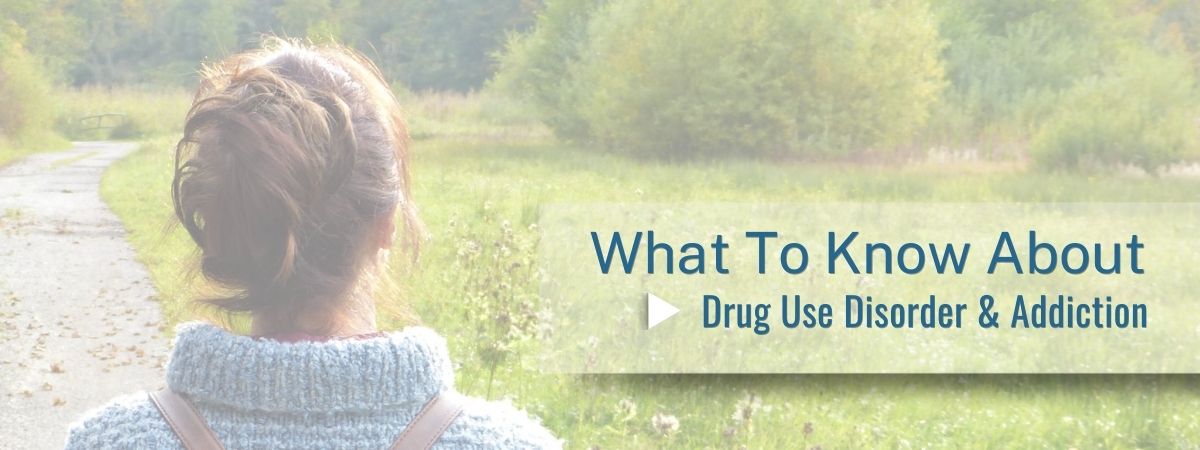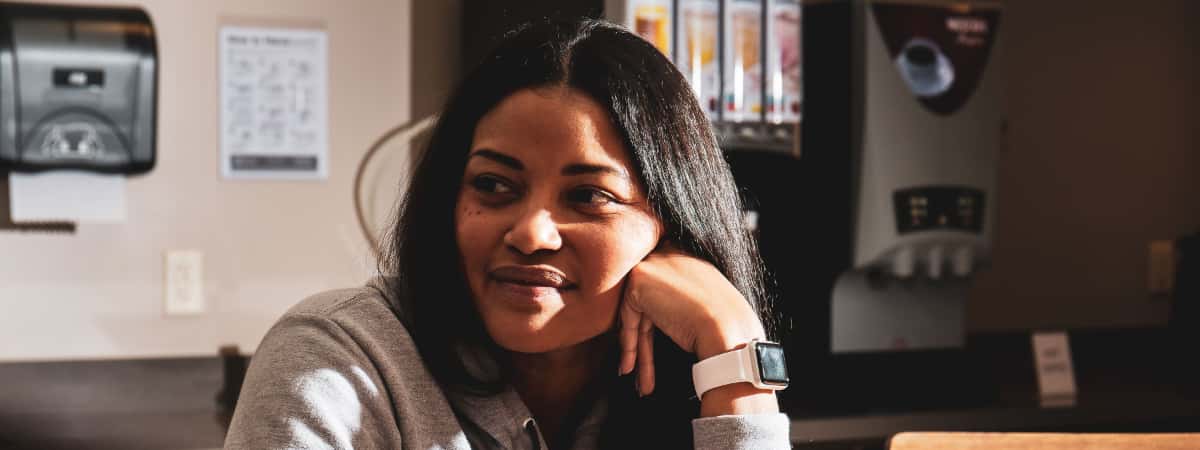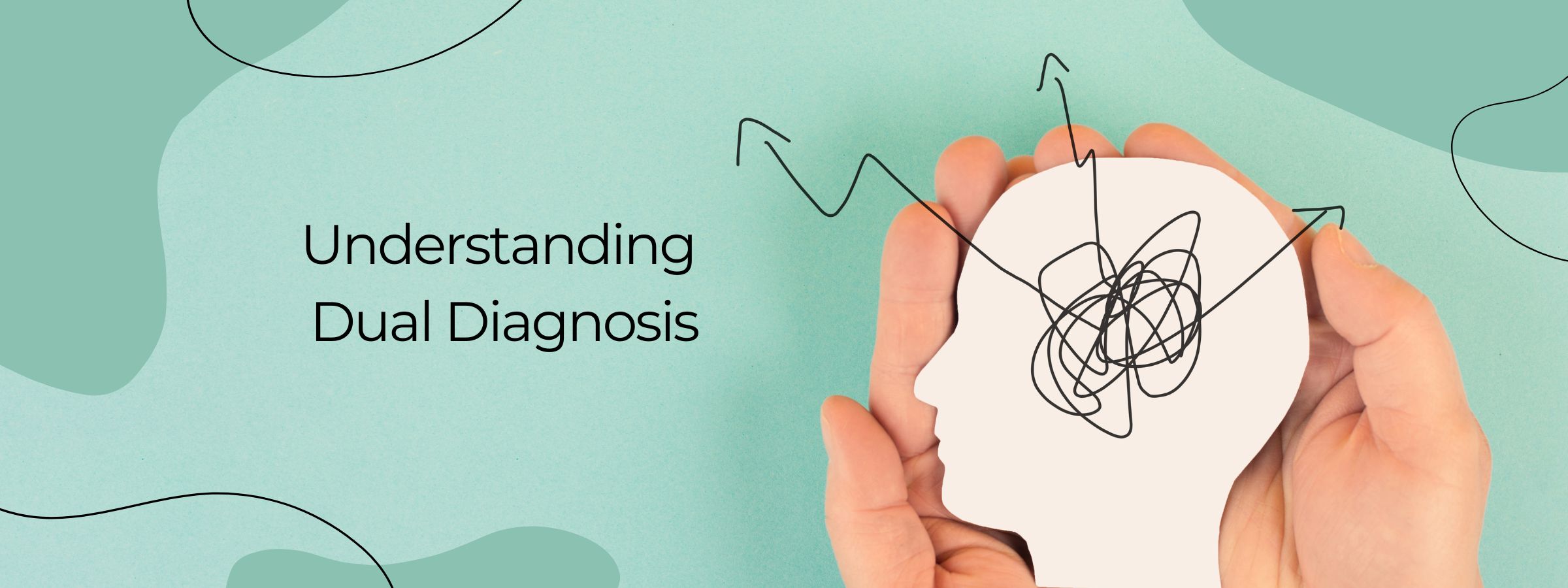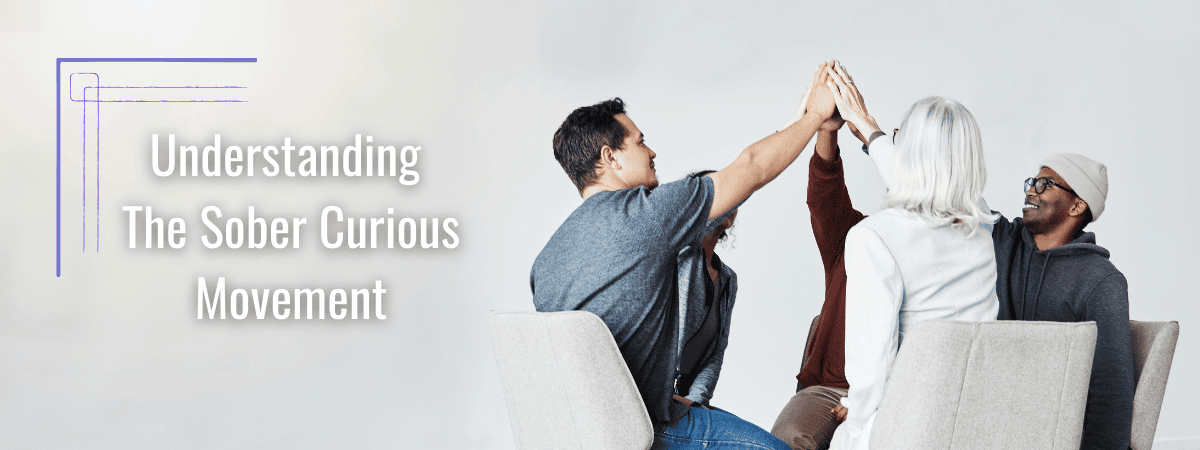Nobody ever expects to battle a drug use disorder, but this complex disease affects millions of Americans each year. Drug use disorders alter your body and brain and can devastate your life. Thankfully, there is assistance for anyone dealing with drug use. Expert drug addiction treatment is accessible in the area and can empower you to take back control of your life. Keep reading to find out more about drug use disorders and addiction and how individuals and their family members can conquer these conditions with specialized help.
What Is A Drug Use Disorder?
A lot of people use illicit drugs for recreation or potent prescription drugs to manage health conditions. But when does drug use become a life-impacting disorder?
Typically, drug use develops into a disorder when a person shows concerning patterns of drug use and loses control of their use. Drug use disorders are mental health disorders that range from mild to severe. These health issues disrupt your life and have a negative impact on your wellbeing.
There are different aspects of drug use disorders:
- Dependence occurs when your system becomes so accustomed to a drug that it struggles to perform without it. You will suffer distressing withdrawal symptoms if you stop taking the drug.
- Addiction is a psychological dependence. Habit-forming drugs change your neural chemistry so that you persistently want those drugs and feel urged to take them more and more. You are no longer able to manage your mind and conduct. Addiction is the most serious element of substance use disorders.
All phases of drug use disorder are harmful to your relationships, mind, body, and quality of life. If you suspect you or a person you love has a drug use disorder, get skilled support for recovery. Anyone who is afflicted deserves help.
What Drugs Are Addictive?
Habit-forming drugs include potent chemicals that alter your brain. Many are dangerous enough to be outlawed. Others are authorized medicines but can become unsafe when taken improperly or consumed too frequently. Below are several of the most common addictive drugs in the US:
- Narcotics diminish the senses, which enables them to be powerful pain relievers. However, individuals also consume them to minimize other unpleasant feelings and can become dependent rapidly. Narcotics are typically classified as opiates or opioids. Opiates are plant-sourced drugs. Opioids are synthetic. Heroin is a common prohibited narcotic. Legal drugs like OxyContin, Vicodin, Percocet, fentanyl, and morphine have medical uses but are habit-forming and frequently abused.
- Benzodiazepines are mood-altering drugs frequently recommended for mental health disorders. Even so, they can give rise to addiction when not taken correctly. Their sedative qualities produce a feeling of being relaxed. Valium and Xanax are widely recognized benzos.
- Stimulants include medications like Ritalin and Adderall, as well as illegal drugs like cocaine and meth. They stimulate your central nervous system, causing you to become animated, focused, and elated. Taking too much of stimulants can be fatal.
Every one of these sorts of drugs can result in a drug use disorder. They all have the potential to destabilize your life and trigger life-threatening medical conditions. Find assistance for yourself or a loved one at the earliest indication of substance dependency.
How Does Drug Addiction Occur?
There are many reasons why people begin using dependency-causing drugs. Some do so recreationally because they relish in the sensations those chemicals generate. Others get addicted to prescription drugs they’re consuming for medical reasons. Another group of people initiate the use of drugs to self-medicate untreated mental illnesses and discover temporary respite.
No matter the primary factor for first using these substances, the route to addiction is generally the same. Your body grows a dependency to the drug, and you become sick when you don’t consume it. You take more just to operate. You may gradually need greater doses for the drug to work. You enjoy how it makes you feel. You feel miserable without it and continue using it. Ultimately, those chemicals overtake the reward system of your brain, and you cannot experience pleasure unless that drug is in your system.
Once you’re addicted, finding a steady supply of the drug becomes all that matters. Numerous people harm relationships, endure health problems, forfeit jobs, and take significant risks due to drug addiction. Your addiction dominates you and everything in your life, and you are powerless to quit without specialized support.
What Are Signals Of Drug Addiction?
You might assume that a drug use disorder would be apparent. But, these disorders can manifest differently among individuals, and loved ones will commonly try to conceal their drug use from family members. If you have doubts if you or a loved one have a drug use disorder, review the following indicators:
- Experiencing an overwhelming urge to use the drug
- Failed efforts to cut down on or stop using the drug
- Dedicating a great deal of energy and time obtaining the drug, using it, or dealing with its effects
- Taking a prescription drug for longer periods or in larger amounts than ordered
- Having difficulty fulfilling obligations due to drug use
- Letting go of cherished activities to consume drugs
- Persistent use of the drug even though it harms relationships
- Persistent use of the drug even when it adversely impacts your physical and psychological health
- Having to take more of the substance to experience its effects
- Enduring withdrawal when trying to quit
- Putting yourself at risk to acquire or ingest the drug
Drug use disorders can look different among people. If you or someone close to you are displaying any signs of drug addiction in , talk to a local doctor or addiction treatment professional.
Where To Obtain Drug Addiction Treatment In
Drug use disorder treatment is a multi-faceted process. The majority of individuals will endure relapses and need to revisit steps many times. You may never be “cured” of drug use disorder, but many people enter recovery and implement what they discuss during treatment to live a healthy, drug-free life. The solution is locating skilled, reseach-supported treatment that aligns with your needs.
Everybody’s recovery journey will be distinct. However, treatment usually consists of the these steps at licensed treatment facilities:
- Drug detox is the process of letting your body clear itself of drugs. Your system will do this automatically if you abstain from taking more drugs. But, if you have a drug dependency, your body will go into withdrawal without substances. To complete detox in a safe manner, you should check into an inpatient detox center that offers 24/7 medical support and takes steps to keep you comfortable.
- Drug rehab programs also offer inpatient support. During rehab, you’ll keep living at a treatment center and enjoy access to specialized healthcare for any lingering withdrawal symptoms. Every day, you attend different sorts of psychotherapy with the goal of comprehending your addiction, learning new healthy habits, and addressing any underlying mental disorders. You should continue in rehab until you become mentally and physically strong enough to exit that drug-free environment.
- After you finish rehab, you should still get specialized addiction support. Outpatient addiction and mental health services will help you move forward in life without drugs. These programs give you continuing counseling and medication management. At first, you could attend outpatient care each day and go home every evening. Gradually, you’ll require less care and might only attend therapy on a weekly basis or less.
Every individual deserves skilled, caring addiction treatment. Regardless of how severe your addiction might be, recovery is possible. Seeking appropriate support at a qualified facility is critical to reach your goals. You never have to face addiction by yourself. You have multiple options for drug addiction treatment in .
How Can Families Support A Loved One Struggling With Drug Addiction In ?
People with a drug use disorder need all the help they can obtain. Family members and friends can play critical roles in addiction recovery. If you love a person with a drug use disorder, here are several ways you may support them:
- Help them enter a treatment facility
- Help them cover the cost of treatment
- Attend family counseling with them
- Play an active role in aftercare planning
- Provide a safe, drug-free setting to live
- Don’t pass judgment
- Set boundaries around their drug use
- Offer transportation to outpatient treatment appointments
Get Help For Drug Use Disorders In Today
No individual should confront drug use disorders alone. If you or a family member are battling with drug addiction, there is hope. Call Sunrise Detox Center at 866-653-7570 or fill out the contact form on this page. Someone will respond immediately to explore treatment. Every call is free and private. We answer 24/7, 365 days a year. Find help now. We are ready for you.



